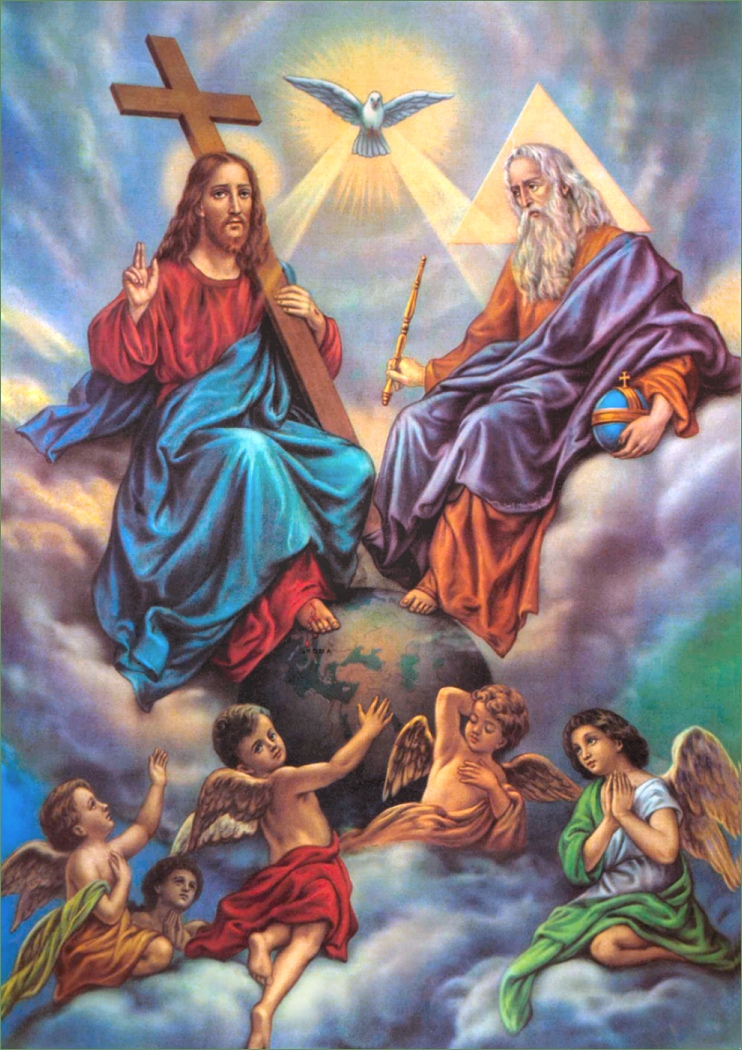
  by Saint Louis de Montfort MONTFORT PUBLICATIONS, New York Nihil Obstat and Imprimatur, 1954  ELEVENTH ROSE: THE CREED THE CREED or the Symbol of the Apostles which is said on the Crucifix of the Rosary is a holy summary of all Christian truths. It is a prayer that has great merit because faith is the root, foundation and beginning of all Christian virtues, of all eternal virtues and also of all prayers that are pleasing to Almighty God. "He that cometh to God, must believe . . ." [1] Whosoever wishes to come to God must first of all believe and the greater his faith the more merit his prayer will have, the more powerful it will be, and the more it will glorify God. I shall not take time here to explain the Creed word for word but I cannot resist saying that the first few words "I believe in God" are marvelously effective as a means of sanctifying our souls and of putting devils to rout, because these three words contain the acts of the three theological virtues of faith, hope and charity. It was by saying I believe in God that the Saints overcame temptations, especially those against faith, hope or charity-----whether they came during their lifetime or at their death. They were also the last words of St. Peter, Martyr; [2] a heretic had cleft his head in two by a cruel blow of his sword and St. Peter was almost at his last gasp, but he somehow managed to trace these words in the sand with his finger before he died. The Holy Rosary contains many mysteries of Jesus and Mary and since faith is the only key which opens up these mysteries for us we must begin the Rosary by saying the Creed very devoutly, and the stronger our faith the more merit our Rosary will have. This faith must be lively and informed by charity; in other words, to recite properly the Rosary, it is necessary to be in God's grace, or at least in quest of it. This faith must be strong and constant, that is, one must not be looking for sensible devotion and spiritual consolation in the recitation of the Rosary; nor should one give it up because his mind is flooded with countless involuntary distractions or one experiences a strange distaste in the soul and an almost continual and oppressive fatigue in the body. Neither feeling, nor consolation, nor sighs, nor transports, nor the continual attention of the imagination are needed; faith and good intentions are quite enough. "Faith alone suffices." [3] 1. Heb. 11:6. 2. Saint Peter of Verona, O.P. 1206-1253, was a Dominican priest who fought heresy courageously and zealously. He had the honor of receiving the habit from the hands of Saint Dominic himself. He was appointed Inquisitor for Lombardy, and it was in discharging his duties that he gave his life for the Faith. 3. From the Pange Lingua.  E-Mail E-Mail HOME--------CHILDREN'S ROSARY DIRECTORY--------CLASSICS--------MARY www.catholictradition.org/Classics/secret-rosary11.htm |